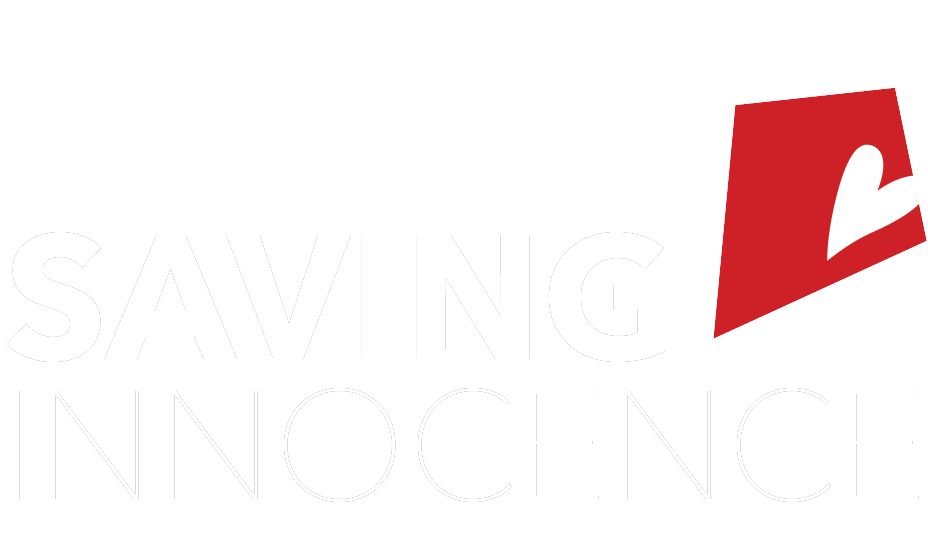It is a privilege to have the opportunity to speak into the young survivors lives, particularly because you have to earn the right to do so.
She’s been taught that she will be judged, unwanted, and that anyone who tries to get close to her wants something from her. She won’t believe that you genuinely want to help her. She will try to put you off any way she can – by shocking you with her disclosures, using foul language, or she might even tell you exactly what you want to hear. She may not believe you when you tell her it can be better, because this is what she has known for the most recent months or even years. She may have grown up in the systems that have governed her, and living with an exploiter was better in some ways – she got to have some of the things that she wanted that her mom or dad never let her have or do.
Recognizing some of the complexities of her situation, we approach our survivors with these lessons learned, but recognize each child is unique and has a unique story. Here’s three of the best things we know to do when we meet with our survivors:
1. Believe them.
Even if they tell you they have been to the moon and back, you cannot underestimate the power of believing what they say. They have often been taught to lie as a survival skill – about their age, their family, their name or other identifying details. The survivors are often not ready or willing to talk about what they have been through, and they may never be ready. We do not ask details about what has happened to them, and we do not press them for details. We have had several examples of kids who –once they feel comfortable and know we will believe them and trust what they say–will tell us their real age, and the actual details that they feared to tell us sooner. If the exploiter has told them that no one will believe them, we want to make sure that doesn’t happen.
2. Get to know them, gently.
One of the greatest opportunities that we have is to go into the police departments and meet with a child in their emotional moments before and after their interviews with law enforcement and social workers. Some of our approach to rapport building is to simply get to know them, and help them to forget for a minute where they are and to help them dream again. We might ask them about their favorite colors, their favorite music, their favorite item in their humanitarian bag, and we go from there. There is something incredible about seeing them light up talking about their favorite songs, and relaxes them after emotions have been running at full speed. Talking to them initially this way helps them remember that they have hopes and dreams too. We do not ask them specifically about the exploitation immediately, though once they feel comfortable to disclose some of the information, we are able to listen carefully, and reassure them that we are here to support them every step of the way.
3. Make them laugh.
One of our trainers who had been doing this work for decades with traumatized youth told us that they one way she was able to continue to do the work all these years was by laughing. When we start to work on goals with them, we try to incorporate as many fun activities as possible. We love watching our survivors laugh because you know they have had far too little of the childhood laughter that they should have had. On our recent trip to Disneyland with some of our survivors, we heard more laugher from some of them than we had ever heard before, and that was truly magical.
